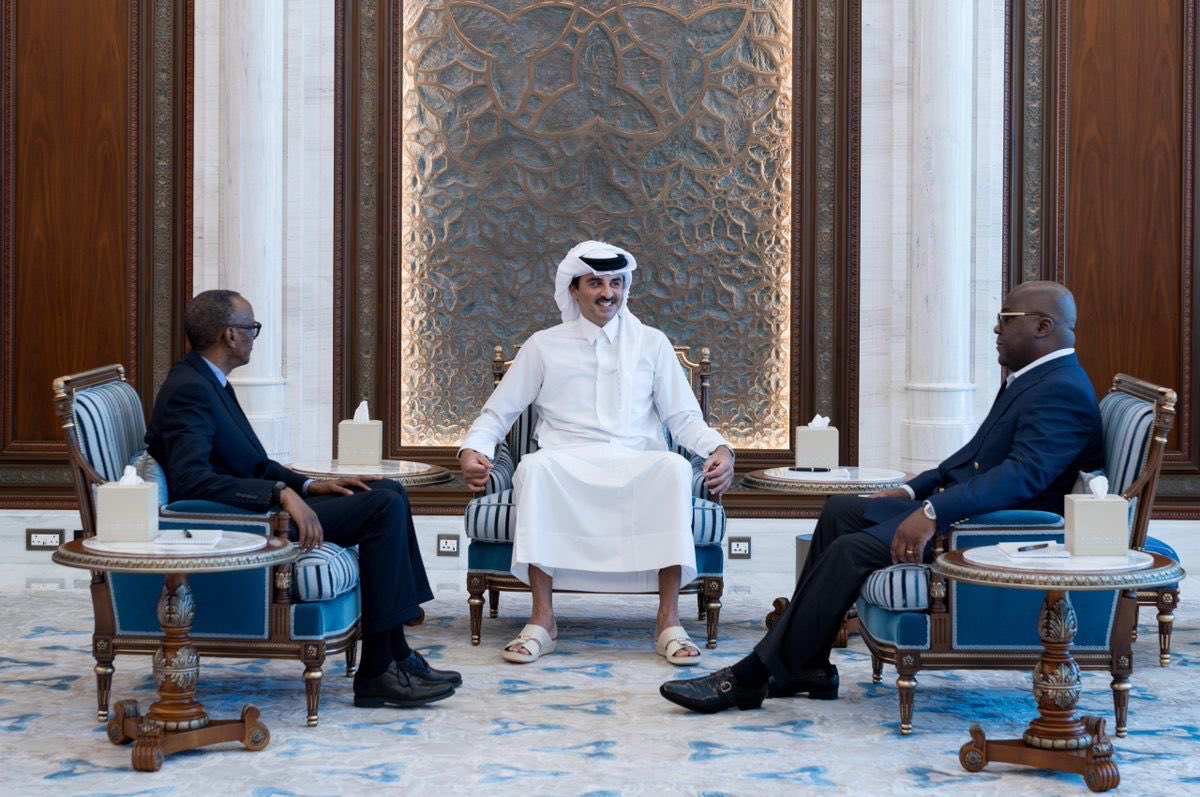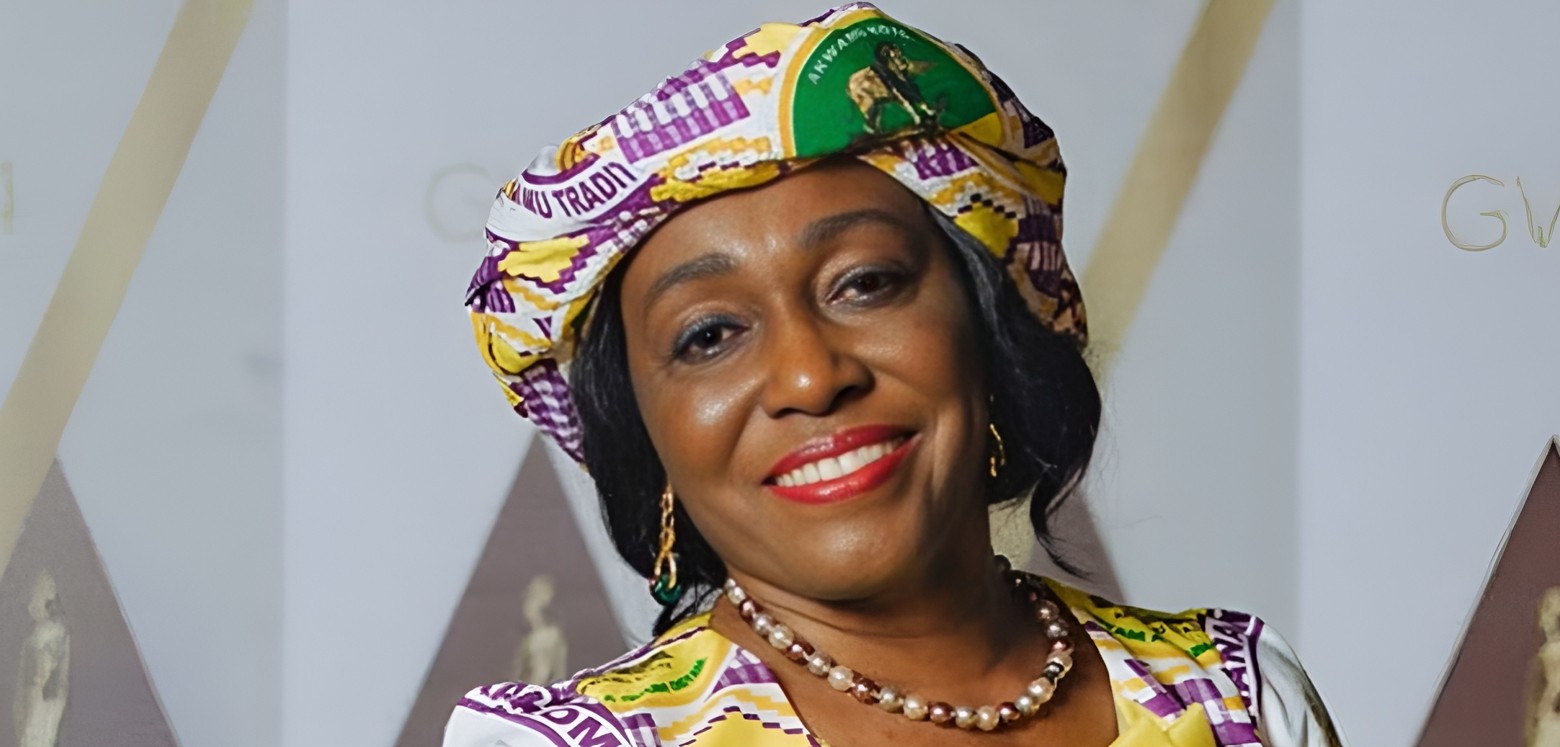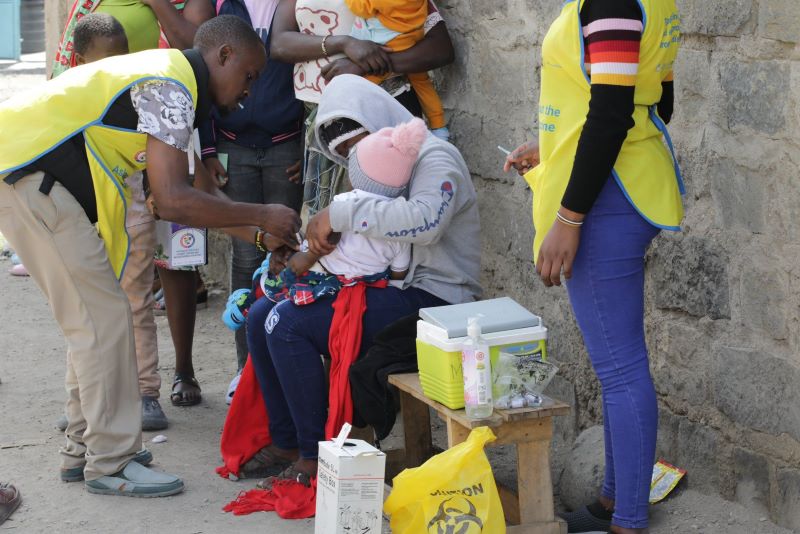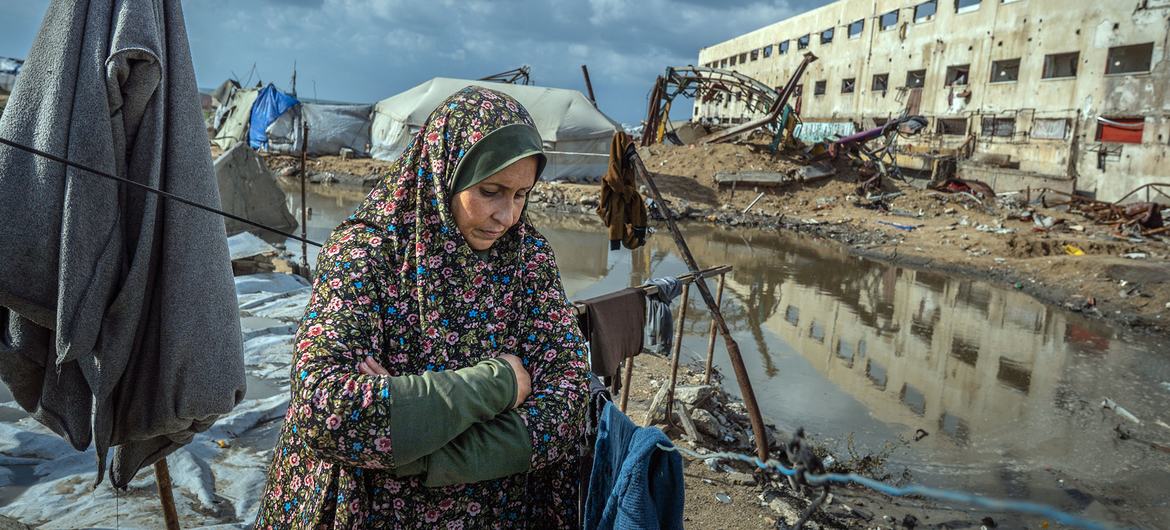UN criticises global inaction as South Sudan teeters on brink of civil war
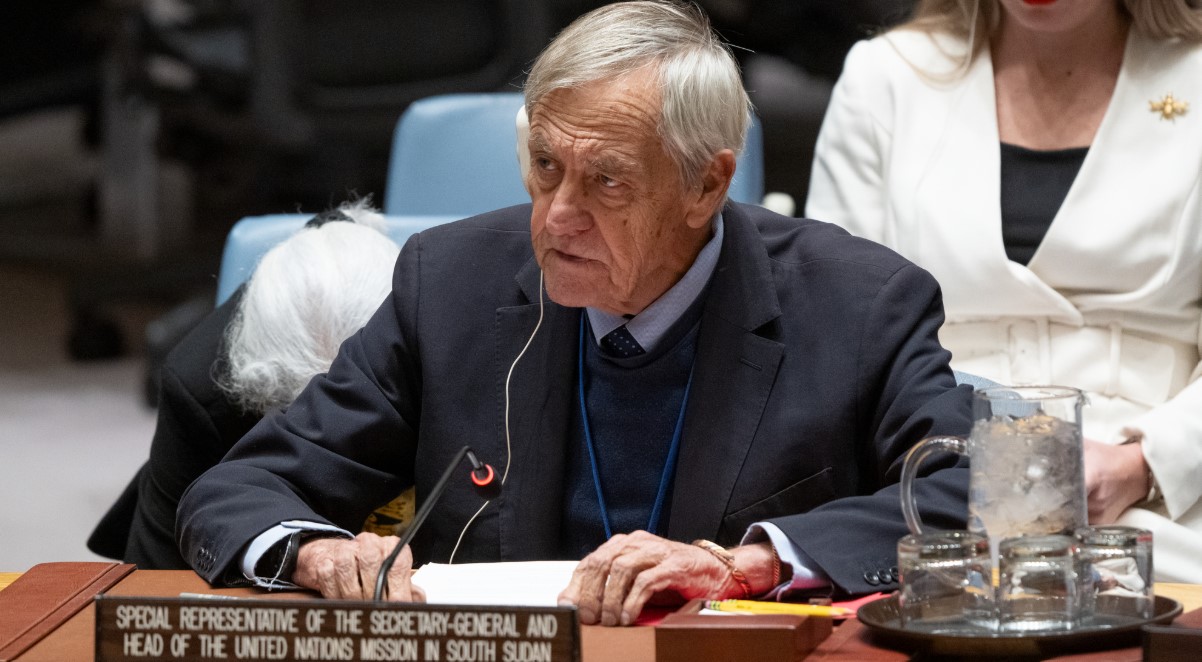
UN Special Representative Nicholas Haysom warned that the current conditions are "darkly reminiscent of the 2013 and 2016 conflicts, which took over 400,000 lives," referring to the brutal civil wars that followed South Sudan's independence in 2011 and devastated the young nation.
The top United Nations envoy in South Sudan has raised the alarm over the escalating political and military tensions in the country, urging the UN Security Council (UNSC) to take decisive action to prevent a return to civil war.
His warning comes amid criticism of both international and regional bodies for failing to respond adequately to the country's spiralling crisis.
More To Read
- 1,000 weapon‑wounded patients treated in South Sudan hospitals this year - ICRC
- South Sudan and Somalia eye group stage in FIFA Arab Cup 2025 qualifiers
- From silence to strength: South Sudan women leaders speak out and drive change
- MSF demands protection of civilians after deadly attack in Upper Nile State, South Sudan
- South Sudan on high alert as Marburg outbreak emerges across border in Ethiopia
- Millions of lives at risk, warn UN food agencies, as hunger crisis worsens
Nicholas Haysom, the UN Special Representative and head of the 20,000-strong UN peacekeeping mission in South Sudan (UNMISS), told the UNSC on Wednesday that the deepening rivalry between President Salva Kiir and First Vice President Riek Machar has "degenerated into direct military confrontation" between their respective factions.
"Recent fighting in the country's north, the arrest of First Vice President Riek Machar, and a campaign of misinformation, disinformation and hate speech are fuelling political and ethnic tensions — particularly on social media," said Haysom.
He warned that the current conditions are "darkly reminiscent of the 2013 and 2016 conflicts, which took over 400,000 lives," referring to the brutal civil wars that followed South Sudan's independence in 2011 and devastated the young nation.
The 2018 peace agreement signed between Kiir and Machar offered a glimmer of hope, but its implementation has been painfully slow and marred by mistrust.
Elections repeatedly postponed
Scheduled elections have been repeatedly postponed, with the next presidential vote now pushed to 2026.
Haysom emphasised that despite the setbacks, "the 2018 agreement remains the only viable framework to break this cycle of violence in South Sudan."
He added: "The overriding imperative now is to urgently avert a relapse into full-scale conflict, refocus efforts on accelerating the implementation of the agreement, and advance the transition towards South Sudan's first democratic elections."
"Another war is a risk South Sudan simply cannot afford, nor can the wider region," he warned.
While the UN peacekeeping mission continues diplomatic efforts alongside the African Union, IGAD, the Vatican, and the UN Secretary-General, questions are mounting about the effectiveness of multilateral institutions in preventing conflict.
The UN Security Council has often been accused of inaction or sluggish responses to African crises, hampered by geopolitical divisions among its permanent members.
Meanwhile, the African Union Peace and Security Council (AUPSC), which is mandated as the continent's primary authority on peace and security, has remained largely absent or reactive in South Sudan's crisis, despite its own early warning frameworks.
Observers say that unless both the UNSC and AUPSC move beyond routine statements and adopt concrete, coordinated strategies — including enforcement of political timelines and greater civilian protection — South Sudan risks descending once again into chaos.
Top Stories Today






